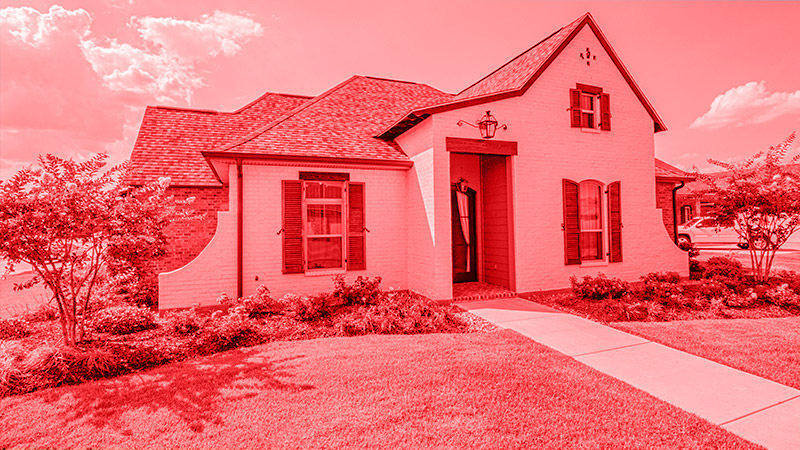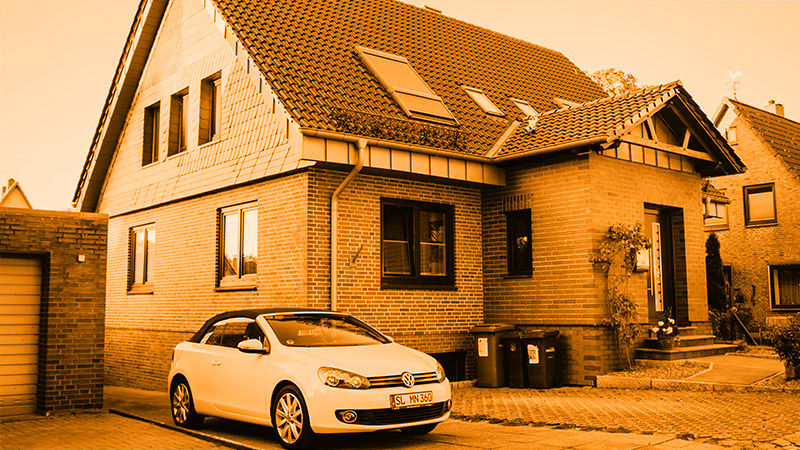
There are many assumptions made when it comes to the cost of mortgages including that mortgage payments are in line with local rental prices, however in reality calculating an average monthly mortgage repayment is not a straightforward task as there are many variables.
The cost of each mortgage repayment will vary between applicants depending on:
- The value of the mortgage.
- An applicant’s personal circumstances.
- The types of mortgage product.
- The interest rate applied.
- The length of the mortgage term.
- Other fees that may be applicable.
In this guide, we will explore further the varying factors that impact the cost of mortgage repayments.
Average Mortgage Interest Rates
As briefly mentioned, there are an array of factors that impact the cost of monthly mortgage repayment, however, the mortgage rates also vary between mortgage lenders, the financial products they offer, as well as any promotional offers that are available.
The interest rate applied to a mortgage will also depend on the type of mortgage selected as follows:
- Fixed-rate – Often securing the interest rate linked to the mortgage for a set period of time, often between 2 and 5 years.
- Standard variable rate – This is the long-term interest rate often applied to a mortgage following the end of an introductory offer.
- Tracker – A tracker rate follows the Bank of England base rate at a set percentage higher and will vary from month to month.
Over recent years the interest rates have been very low, however, due to the impact of the coronavirus pandemic, the Bank of England has held the base interest rate very low at 0.1%, to assist with controlling the economic shock of the pandemic.
Such low-interest rates are very attractive for mortgage applicants if they are in the position to proceed with a mortgage such as having a deposit ready.
According to research undertaken by Statista, in September 2019 the average interest rate was 1.56% for a 2-year fixed-rate mortgage while fixing for 3 years increased the rate slightly to 1.66%.
Need more help? Check our quick help guides:
- Reasons why a mortgage could be declined on affordability.
- How reliable is a mortgage in principle?
- How do joint mortgages work?
- Can you get a mortgage on a fixed-term contract?
Fixing an interest rate for a longer period of time such as a 10-year fix increased the average interest rate to 2.65%, meanwhile, the average interest rate payable on a 2-year variable mortgage was 1.61%.
Although this study is slightly out of date now, the details still provide an idea of interest rates and the impact of fixing the interest for longer.
We have discussed the type of mortgages in relation to interest, however, another difference between mortgage products is:
- Standard mortgages – Where the monthly repayments cover both interest and a proportion of repaying the capital.
- Interest-only mortgages – The capital is not repaid during the term of the mortgage and the monthly repayments are made up solely of interest only. Interest-only mortgages carry higher risks for the lender and therefore will typically incur higher interest rates.
It is important to understand the differences between the types of mortgage when seeking a mortgage.
Also, when researching interest rates offered by lenders it is worth noting that there is often a difference between the advertised rate and the actual interest rate offered depending on the personal circumstances of the applicant.
Average Duration of a Mortgage Term
The duration of the mortgage term is another factor that will impact the overall cost of the mortgage. Mortgages available within the UK can be offered as short as 6 months, up to a 40-year term, however, the most common mortgage term is usually around 25 years.
By opting for a longer-term mortgage, the monthly repayments can decrease, however, more interest will be payable by extending the mortgage term. However, the trend of increasing house prices has resulted in the need for longer mortgage terms for the affordability of potential home buyers.
Related guides:
- When was my house built?
- Buying out a sibling from an inherited house
- How long does it take to release mortgage funds?
- Does a valuation mean that a mortgage is approved?
- Mortgage lenders that accept benefits
- Can I extend my interest-only mortgage term?
Average Monthly Payments on a Mortgage
As we have discussed, a mortgage repayment is dependent on a whole range of variables including:
- The type of mortgage.
- The interest rate applicable to the mortgage.
- Personal circumstances of the applicant, which may alter the interest rate offered by the lender due to risk factors.
- The amount of deposit.
- The value of the property.
By altering any of the above variables, the monthly mortgage repayments may change slightly, and therefore significant research should be undertaken before applying for a mortgage. Independent mortgage advisors are best placed to provide advice on the most suitable type of mortgage and find the best deals available on the market.
As mentioned, there are an array of factors that will impact the average monthly mortgage repayment, including differences in property prices depending on the location, therefore national averages are not always very useful due to the range of property prices up and down the country.
As a rough guide, Santander found that in 2018 the average mortgage repayment was £723, with an interest rate of 2.48%.
Related guides:
- Mortgage 5 times salary.
- Can you get a mortgage on land?
- Refurbishment mortgages.
- Part and part mortgages.
- HMO mortgages.
Average Total Cost including Interest of a Mortgage
When you consider the total cost of mortgage repayments, many assume that it’s paying for their home, when in reality a lot of the repayment goes towards paying off the interest.
This is for two main reasons:
Firstly, a mortgage amount is a considerable sum of money, so the interest charges on them, particularly on a brand new mortgage is significant. With any type of lending, the higher the sum, the higher the interest.
Secondly, a mortgage term can be over a long duration and so the interest has a long time to grow.
Hence why in many cases, a shorter mortgage term may be preferred. Regardless of the mortgage deal you secure, a considerable amount will be spent on the mortgage interest.
Recommended reading for mortgage hunters:
- Mortgage deposit gifts
- How much does a mortgage broker cost?
- Can you build on the green belt?
- Shortest term mortgage in the UK
- Buying a warehouse in the UK
- Porting a mortgage explained
- Transferring a mortgage
How to Lower Mortgage Repayments
There are ways of lowering monthly mortgage repayments including:
- Increasing the deposit – By putting down a larger deposit, the loan to value changes and therefore the risks decrease to the lender, which can lower the interest rate offered.
- Opting for an interest-only mortgage – With this option the capital borrowed is not repaid during the mortgage term and therefore an exit strategy is required to repay the capital.
- Paying off a lump sum of the mortgage – If a mortgage holder faces a change of circumstances, in some cases paying off a lump sum of the mortgage may reduce the monthly repayments. This option would be dependent on the terms of the mortgage as often there is a cap on how much can be overpaid.
If the above options are not viable, it may also be worth exploring if the applicant is eligible for any government schemes available such as Help to Buy or Share Ownership schemes.
Average Mortgage Payment Summary
The cost of mortgage repayments varies greatly depending on a wide range of factors as discussed within this article, however, the mortgage market has become more diverse than ever over recent years and therefore there is a wider range of mortgage products available to suit various personal requirements.
Should you wish to discuss the mortgage options available to you, get in touch with our friendly team to book a consultation.
Call us today on 01925 906 210 or feel free to contact us. One of our advisors will be happy to talk through all of your options with you.
Further reading:










